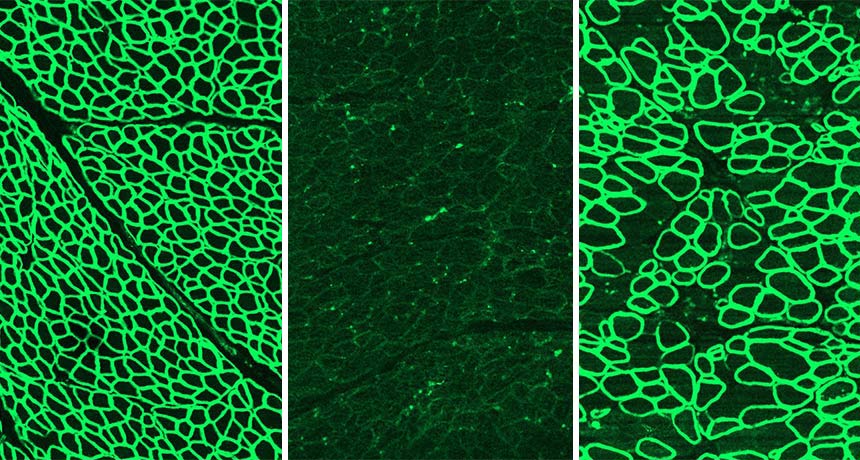CRISPR gene editing relieves muscular dystrophy symptoms in dogs
The technique may one day be used to help people with the muscle-wasting disease

GENE UPDATE Scientists have used CRISPR/Cas9 to repair a genetic mutation in beagle puppies that causes muscular dystrophy.
Maforke/iStockphoto








